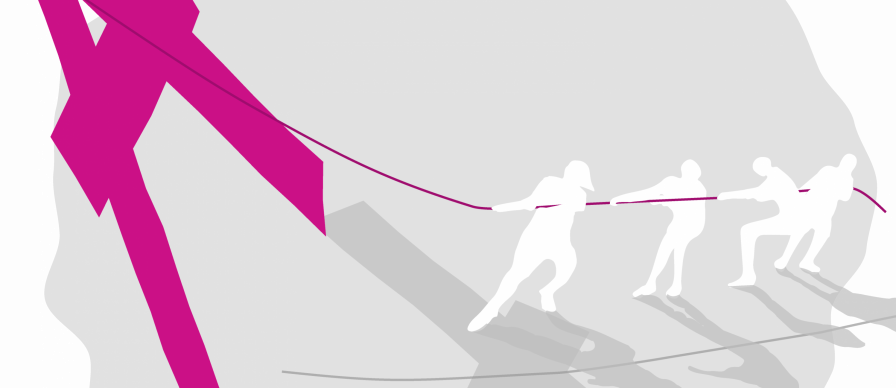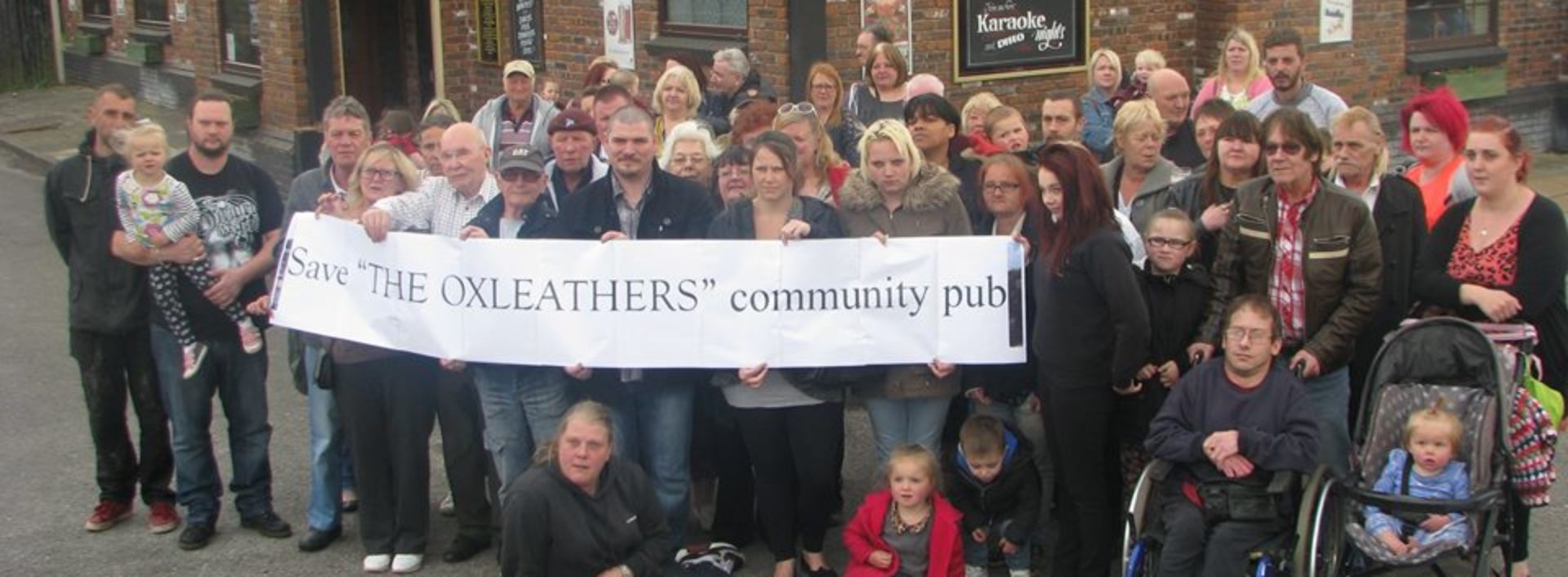Community Organisers Mobilisation Fund (COM Fund)
Community Rights – there for everyone but with a lower take up in marginalised communities. Is there a role for Community Organisers to help steer a path through the formal legislation?
In 2011, the Localism Act set out to give communities more control about the things that matter most to them through new Community Rights and Neighbourhood Planning legislation. It’s there for anyone to engage with to help communities to achieve their aspirations; and yet research suggests that there is still a general lack of awareness and understanding of Community Rights in the most deprived communities. Community organisers work in many of these areas and the Community Organisers Mobilisation Fund (COM Fund) was launched in October 2015 to test the impact a trained organiser could have on increasing local awareness and the use of Community Rights and Neighbourhood Planning.
The COM Fund was joint funded by Cabinet Office and the Department for Communities and Local Government (DCLG) and the programme was managed by Community Organisers.
The programme
27 teams of community organisers in 26 areas across England were successful applicants for the fund having demonstrated that there was a need for this support in their areas. However, not all community organisers were confident enough with Community Rights and Neighbourhood planning to inform and support their communities. The programme therefore kick-started with a residential training session in November to give a broad understanding of the Community Rights and Neighbourhood planning legislation. Throughout the programme, supervision, mentoring, and additional training was provided by Community Organisers and expert advice was on hand via the My Community website.
In addition to the training and support, organisers tapped in to local expert advice, undertook extensive research, and collaborated with other communities facing similar issues. They cascaded their learning and knowledge through to their communities; training local leaders and supporting them to learn more and investigate how they could use the rights.
So, how did it go?
Grantees were asked to blog monthly to share their progress and given training and support to set up a unique blog for their project. This gave an informal insight into their progress for anyone looking in – including the programme team and funders. It also enabled them to share photographs, connect more widely with their communities, and share event details and project news. Importantly, it gave volunteers a chance to contribute too and some blogged about their experience.
Some great stories have come from the COM Fund and during the eight-month programme, community organisers listened to over 7,340 local residents. They held 270 events to publicise Community Rights and Neighbourhood Planning – training and supporting people who wanted to find out more.
In total 1,229 local leaders emerged – residents, and in some cases local business owners, stepped up to learn more about Community Rights and to support their local project. People got involved in other ways too. Some were able to provide free legal and professional advice; others set up and ran local fund raising events. In all, over 3,000 people took part in projects across the country – mobilised to some degree around the COM Fund programme as a direct result of the community organisers’ local engagement within their communities.
What next?
In a relatively short space of time – the programme ran from November 2015 to June 2016 – the grantees have reported a marked increase in residents’ knowledge around Community Rights and Neighbourhood planning and in their own confidence to help others to get involved. However, the external evaluation of the programme highlighted some challenges, especially in how to encourage the most disadvantaged areas of England to access, assimilate, and take advantage of the formal legislation. Certainly the evidence suggests it helps for local people to have someone to go to who knows how to access and decipher the information and to support them to make good use of the possibilities that the Localism agenda holds for the most disempowered areas.
Many of the communities will carry on with their projects, some with the ongoing support from their community organiser. Some communities are not ready to use Community Rights but the programme has allowed a focus on capacity building which is the first stage of any sustainable project. Others are forming constituted organisations and are actively looking to raise funding to continue their projects. In all cases, the support of a community organiser has been instrumental if not crucial to enabling them to get started on their Community Rights and Neighbourhood Planning journey.
Louise Peden – COM Fund programme manager



